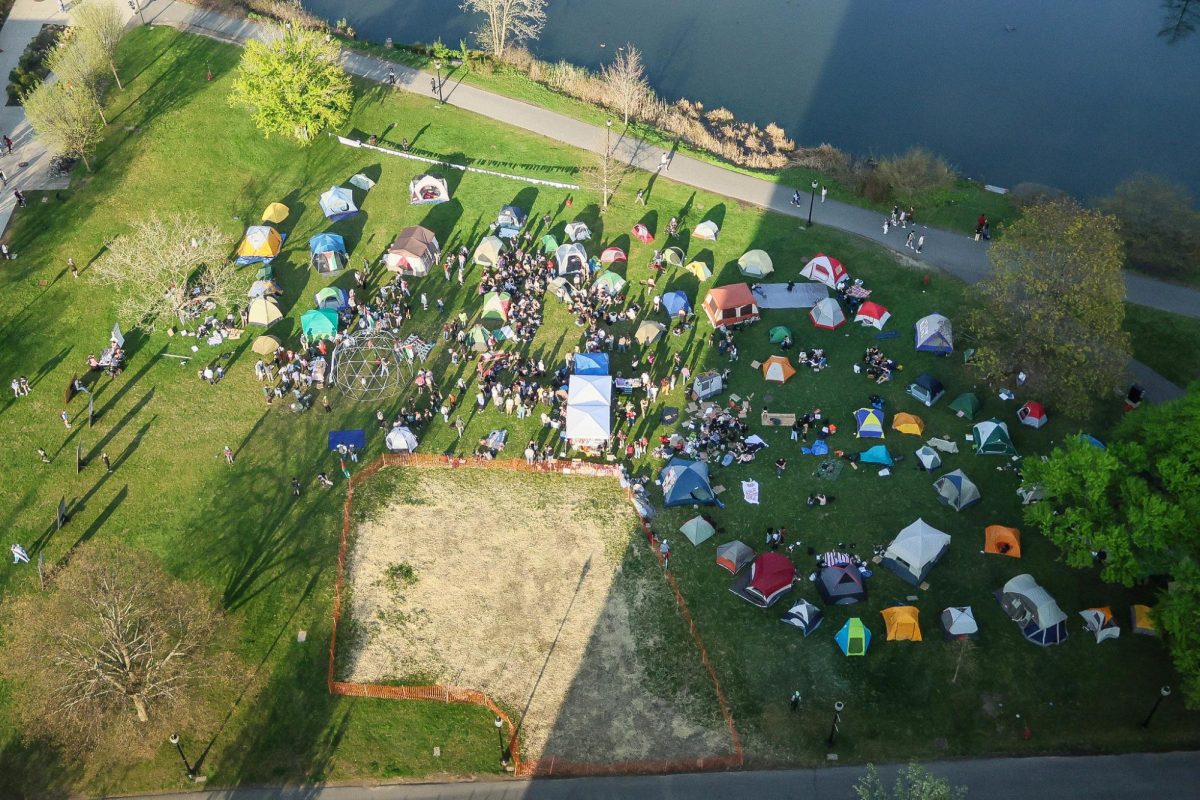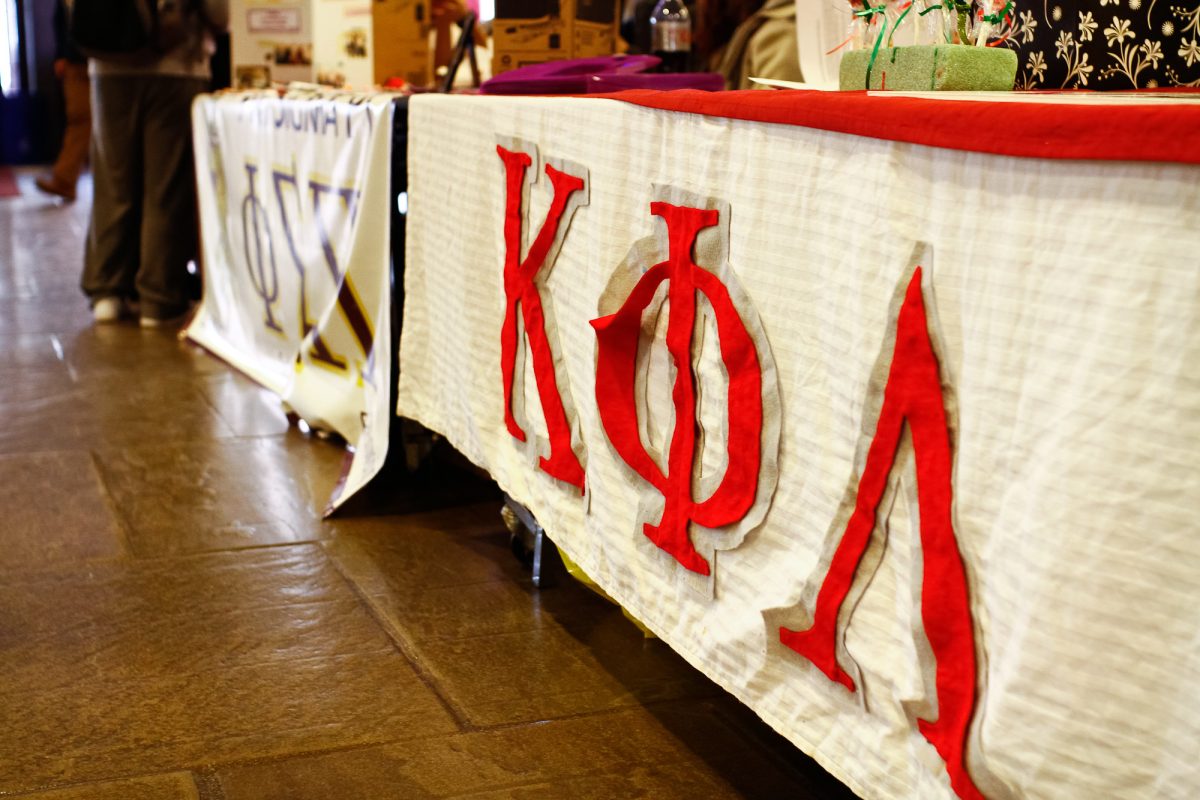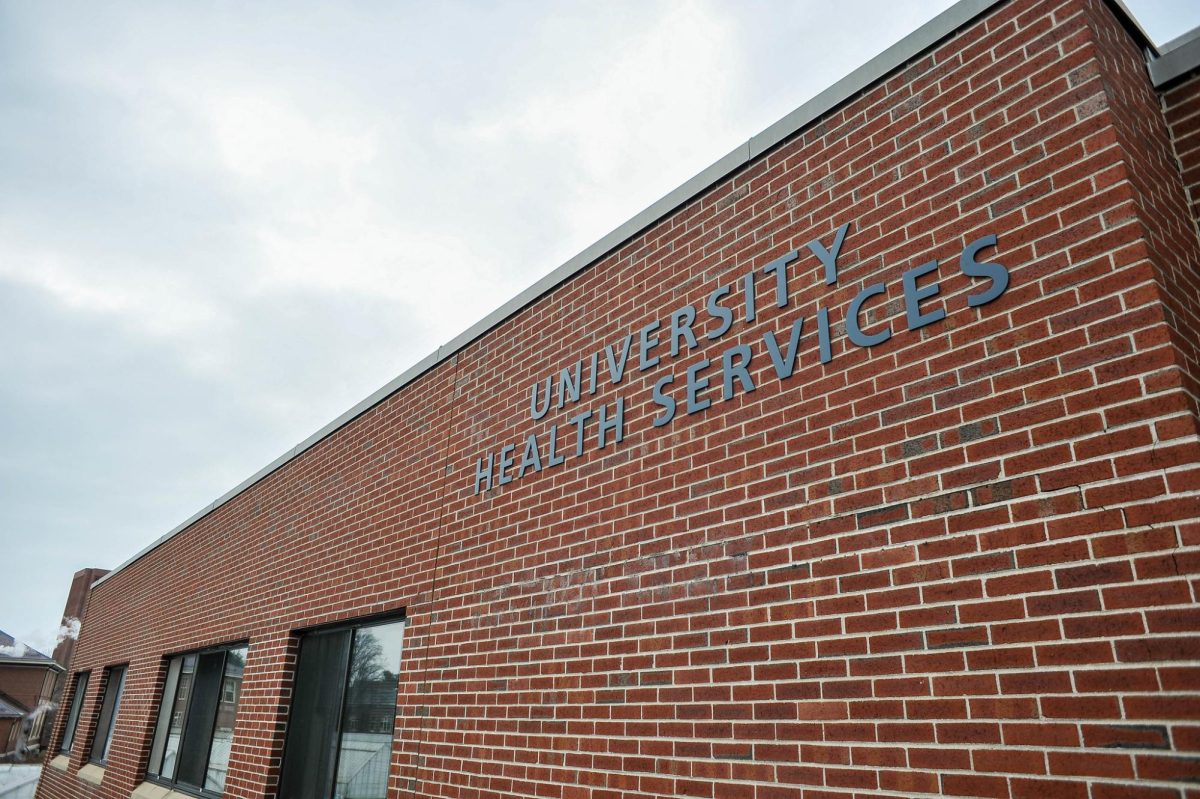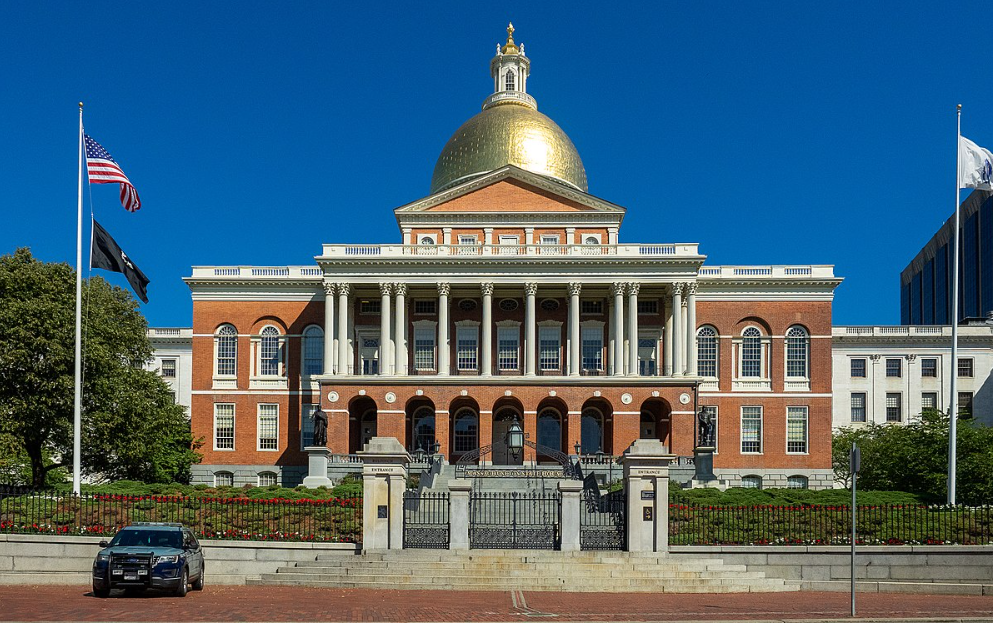When I first came to the
My downfall was not because my religion, Islam, conflicted with anything I learned during my education. I found that they actually work well with each other. It was not because I lacked a religious community or institutions ‘- there is a mosque one bus stop away. I was defeated by the lack of spiritual culture at UMass.
Universities provide a detrimental environment in pursuing goals related to religion. Students need to be better grounded in religious concepts, at least, as a philosophical, social and political phenomenon that
Doctor Stephen Prothero, chairman of the religion department at Boston University, in the book ‘Religious Literacy’, wrote, ‘every year colleges provide bachelor’s degrees to students who cannot name the first book of the Bible, who think that Jesus parted the Red Sea and Moses agonized in the Garden of Gethsemane, who know nothing about what Islam teaches about war and peace, and who cannot name one salient difference between Hinduism and Buddhism.’
What’s a
Tom Krattenmaker, of
The study highlights the difference in a student’s desire to understand religion and actually understanding it. Especially at UMass, spiritual culture fails to meet the demand of students wishing to learn more about religion.‘
Here, students are free to discuss science and politics in residential TAP/RAP programs, but lack a program based on spiritual discourse. The
We also lack organizations that scatter across the religious spectrum. The
The class choices are also limited. I tried to enroll, a few semesters ago, in History 112: Intro to World Religions, the only class I saw fit to relinquish my religious ignorance. I was shocked to discover that not only was the class full, but that a list to register started filling up a semester before. Next semester, in fall 2009, only 120 students in a university of about 20,000 students will get to take the class and learn about one of the most influential topics in history.
The responsibility is also on the students to develop an atmosphere of spiritual pursuit, whether it is to quell intellectual curiosity or to find a spiritual calling. We need to engage in dialogue and seek out answers if no one is guiding us.
Many students who desire to travel a spiritual path feel alienated from finding answers because they find that they cannot give up their lives of drinking and fornicating to take up a life of spiritual integrity.
From an Islamic perspective, drinking and fornicating are marginal faults aside from being ignorant. Authentically searching for answers and failing is excusable, but purposely not seeking answers is blameworthy.
Many students who would want to learn about religion as a sociopolitical force find it surrounded in stigma. Why wouldn’t it when religion is constantly portrayed in relation to violence, ignorance and intolerance? But why be ignorant yourself? Find out what religions say about violence, tolerance and the pursuit of knowledge and see for yourself what it has to offer.
The University’s fear in developing spirituality and the student body’s failure in pursuing spiritual endeavor is creating a giant void in our campus’ spiritual culture.‘ Graduating students are entering the world with a large deficit in understanding a powerful force in our world, and other students are leaving without answers.‘
A University is meant to educate its students and foster a drive to learn no matter how much controversy or stigma a subject has.‘ We need to learn about religion whether we are taught it or not. We need to learn about religion so that when we enter society, we come in as the aware and competent people we are meant to be.
Ebad Rahman is a Collegian columnist. He can be reached at [email protected].






